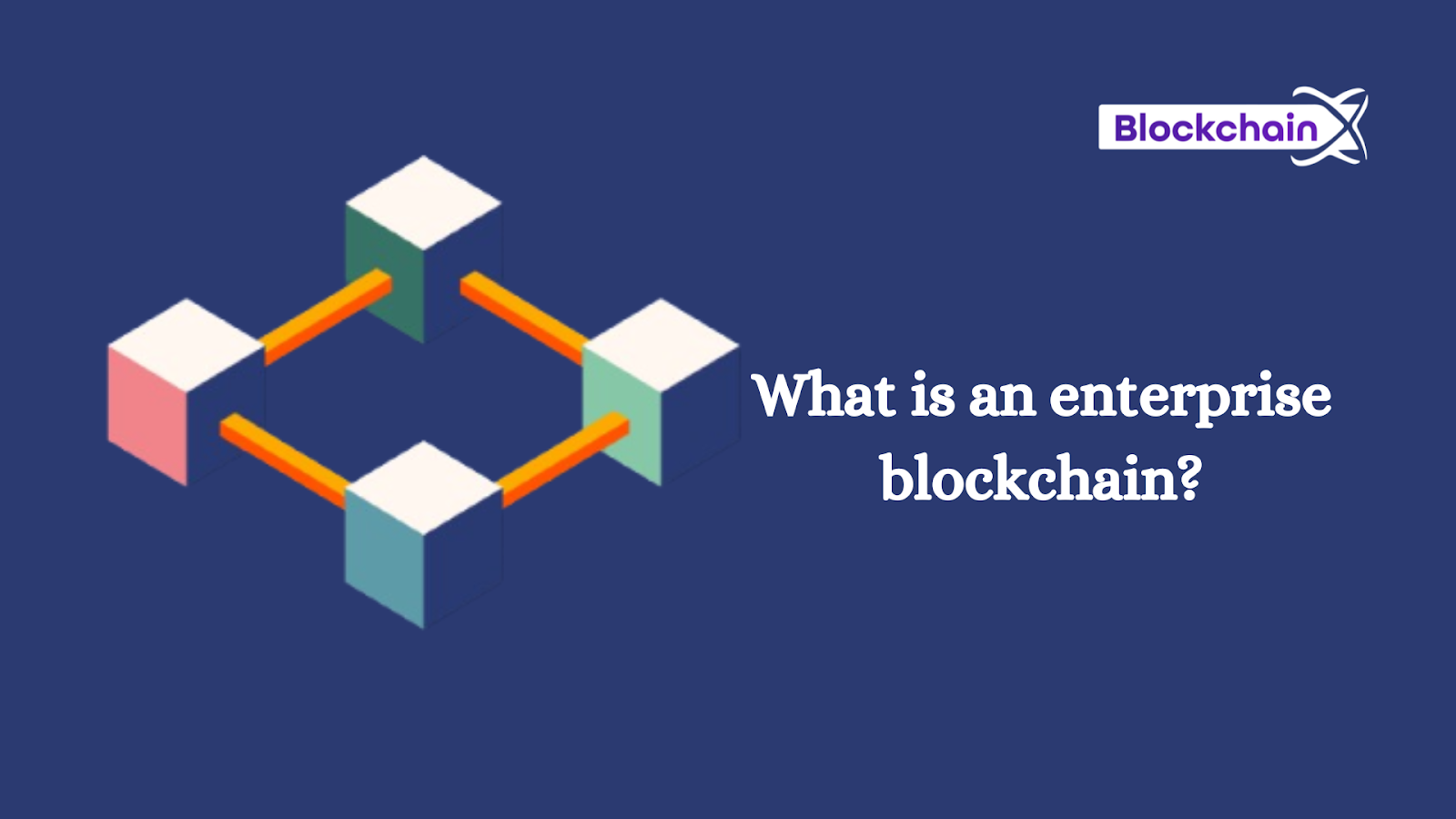
How Outsourced IT Support Can Improve Data Security
- By Cynthia Davis
- 14-02-2023
- Technology
Data security is a top concern for organizations of all sizes and industries. With the increasing amount of sensitive information being stored and processed electronically, it's more important than ever to ensure that it is properly protected. However, managing data security in-house can be a challenge for many businesses, particularly those with limited IT resources.
This is where outsourced IT support comes in as a solution. By partnering with a third-party provider, organizations can take advantage of their expertise and experience in securing data and improving overall security measures. In this blog post, we will explore the benefits of outsourced IT support and how it can significantly improve data security for any business.
Advantages of Outsourced IT Support for Data Security
Outsourced IT services refers to the practice of outsourcing certain aspects of a company's IT operations to a third-party provider. The goal of outsourced IT services is to provide organizations with access to specialized IT expertise, technology, and support that they may not have in-house.
There are several advantages of outsourced IT support for data security, including:
- Expertise: Outsourced IT support providers have a team of highly trained and experienced security professionals who specialize in identifying and mitigating potential security threats. This level of expertise is difficult to find and maintain in-house.
Cost-effective: Hiring a full-time IT security team can be costly, especially for small and medium-sized businesses. Outsourced IT support can provide the same level of security for a fraction of the cost. - Scalability: The need for IT security can change rapidly, especially in fast-growing organizations. Outsourced IT support allows organizations to easily scale their security needs up or down without having to worry about the overhead of adding or removing staff.
- Access to the latest technology: Outsourced IT support providers have the resources to invest in the latest security technologies and tools, giving their clients access to cutting-edge solutions for securing their data.
- Round-the-clock coverage: With outsourced IT support, organizations have access to 24/7 security monitoring and support, ensuring that their data is protected at all times.
- Compliance: Outsourced IT support providers have a deep understanding of industry regulations and standards for data security, such as PCI-DSS, HIPAA, and others. They can ensure that their clients are compliant, reducing the risk of costly fines and reputational damage.
- Disaster recovery: Outsourced IT support can provide business continuity and disaster recovery services, ensuring that organizations can quickly recover from any security incidents or data loss.
How Outsourced IT Support Can Strengthen Cybersecurity Measures
Outsourced IT support can significantly strengthen a company's cybersecurity measures in several ways:
Expertise
Outsourced IT support providers have a team of highly trained and experienced cybersecurity professionals who specialize in identifying and mitigating potential security threats. This level of expertise is difficult to find and maintain in-house.
Proactive monitoring
Outsourced IT support providers can proactively monitor a company's systems and networks for signs of security threats, and quickly respond to any issues that arise.
Regular software updates
Outsourced IT support can ensure that all software and systems are up-to-date with the latest security patches and updates, reducing the risk of vulnerabilities and exploits.
Security assessments
Outsourced IT support providers can perform regular security assessments to identify potential weaknesses in a company's systems and networks. They can then implement solutions to address these issues and improve overall security.
Compliance
Outsourced IT support providers have a deep understanding of industry regulations and standards for cybersecurity, such as PCI-DSS, HIPAA, and others. They can ensure that their clients are compliant, reducing the risk of costly fines and reputational damage.
Disaster recovery
Outsourced IT support can provide business continuity and disaster recovery services, ensuring that organizations can quickly recover from any security incidents or data loss.
Strategies for Outsourcing IT Support that Ensure Data Security
Outsourcing IT support can offer many benefits for organizations, including cost savings, access to specialized expertise, and improved technology performance.
However, outsourcing IT support also comes with its own set of challenges, particularly when it comes to ensuring data security. The following are strategies for outsourcing IT support that can help ensure data security:
Choose a reputable provider
When outsourcing IT support, it's essential to choose a provider with a strong track record of delivering secure and reliable services. Look for a provider with certifications, such as ISO 27001, that demonstrate their commitment to security and data protection.
Define clear security policies
Before outsourcing IT support, it's essential to define clear security policies that outline expectations for data protection and security. This can include requirements for data encryption, access controls, and incident response procedures.
Regular security assessments
Regular security assessments can help organizations identify potential weaknesses in their IT systems and networks and address them before they become a security threat. Work with your IT support provider to establish a regular schedule of security assessments to ensure the ongoing protection of your data.
Encryption and access controls
Implement encryption and access controls to ensure that sensitive data is protected, even if it falls into the wrong hands. Encryption can also help meet compliance requirements for data privacy and security.
Monitor and review
Regularly monitor and review the performance of your IT support provider to ensure that they are meeting your security and privacy expectations. This can include regular security assessments, vulnerability scans, and penetration testing.
Plan for disaster recovery
Ensure that your IT support provider has a robust disaster recovery plan in place that can quickly restore systems and data in the event of a security breach or other disaster.
Common Threats to Data Security and How Outsourced IT Support Can Prevent Them
Data security threats are a constant concern for organizations of all sizes. Some of the most common threats to data security include:
Cyber attacks
This includes malware, phishing scams, and ransomware attacks that can compromise the confidentiality and integrity of sensitive information.
Human error
This can include employees accidentally exposing sensitive information, such as by sending it to the wrong recipient, or losing a device that contains confidential data.
Insufficient security measures
This can include outdated software, weak passwords, and a lack of encryption and access controls that can leave systems and data vulnerable to attack.
Outsourced IT support can help prevent these threats by providing expertise, resources, and technology to help organizations improve their data security posture. Some specific ways outsourced IT support can help prevent common data security threats include:
Cybersecurity expertise
Outsourced IT support providers have a team of highly trained and experienced cybersecurity professionals who can help organizations identify and mitigate potential security threats.
Regular security assessments
Outsourced IT support providers can perform regular security assessments to identify potential vulnerabilities and implement solutions to address them before they become a security threat.
Proactive monitoring
Outsourced IT support providers can proactively monitor an organization's systems and networks for signs of security threats, and respond quickly to any issues that arise.
Security training for employees
Outsourced IT support providers can provide regular security training for employees to help reduce the risk of human error and increase overall security awareness.
Up-to-date software and systems
Outsourced IT support providers can ensure that all software and systems are up-to-date with the latest security patches and updates, reducing the risk of vulnerabilities and exploits.
The Role of Outsourced IT Support in Business Continuity and Disaster Recovery
Business continuity and disaster recovery are critical components of a comprehensive data security strategy, as they ensure that an organization can continue to operate in the event of a disaster, such as a cyber attack, natural disaster, or power outage. Outsourced IT support can play a crucial role in supporting business continuity and disaster recovery by providing expertise, resources, and technology to help organizations prepare for and respond to potential disruptions.
Disaster recovery planning
Outsourced IT support providers can help organizations develop a comprehensive disaster recovery plan that outlines steps to take in the event of a disruption, including how to restore systems and data and how to communicate with employees and customers.
Regular testing
Outsourced IT support providers can perform regular testing of disaster recovery plans to ensure that they are effective and can be implemented quickly and efficiently in the event of a disaster.
Data backup and recovery
Outsourced IT support providers can provide data backup and recovery services to ensure that critical data is protected and can be restored in the event of a disaster.
Cloud computing
Outsourced IT support providers can help organizations leverage cloud computing to improve business continuity and disaster recovery. Cloud-based systems can be accessed from anywhere with an internet connection, making it easier to continue operations in the event of a disaster.
Communication and collaboration
Outsourced IT support providers can help organizations establish effective communication and collaboration strategies to ensure that employees, partners, and customers can continue to work together in the event of a disaster.
The Future of Outsourced IT Support and Data Security: Emerging Trends and Challenges.
The landscape of outsourced IT support and data security is rapidly evolving, and organizations must stay up-to-date with the latest trends and challenges to remain competitive and secure. Here are some of the emerging trends and challenges shaping the future of outsourced IT support and data security:
Artificial Intelligence and Machine Learning
AI and machine learning are becoming increasingly important in the field of cybersecurity, as they allow organizations to detect and respond to security threats more quickly and effectively. Outsourced IT support providers are likely to invest in these technologies to better protect their clients and stay ahead of the curve.
Remote Work and Cybersecurity Risks
With the rise of remote work, organizations must consider the unique cybersecurity risks associated with a distributed workforce. Outsourced IT support providers can help organizations develop secure remote work policies and procedures to protect sensitive information and reduce the risk of data breaches.
Compliance and Regulatory Requirements
Data privacy and security regulations are becoming increasingly strict, and organizations must stay compliant to avoid legal and financial penalties. Outsourced IT support providers can help organizations meet these requirements by providing expertise and resources to support compliance efforts.
Cybersecurity Skills Shortage
The cybersecurity skills shortage is a growing challenge in the industry, as the demand for cybersecurity professionals continues to outstrip the available talent pool. Outsourced IT support providers can help organizations address this shortage by providing access to a pool of skilled cybersecurity professionals and resources.
Emerging Cyber Threats
Cyber threats are constantly evolving, and organizations must stay vigilant to protect themselves against new and emerging threats, such as IoT devices and cloud-based systems. Outsourced IT support providers can help organizations stay ahead of the curve by providing the latest cybersecurity technology and expertise to mitigate these risks.
The future of outsourced IT support and data security is characterized by rapidly changing trends and challenges. Organizations must stay ahead of these developments to remain competitive and secure, and outsourcing IT support can be a valuable resource in this effort. By partnering with a trusted IT support provider, organizations can benefit from the latest technology and expertise to protect their sensitive information and minimize the risk of data breaches.
Summary
In today's fast-paced and interconnected digital landscape, data security is a critical concern for organizations of all sizes. Outsourced IT support can play a vital role in improving data security by providing organizations with the resources, expertise, and technology they need to keep their sensitive information safe from cyber threats. Whether it's through disaster recovery planning, regular testing, data backup and recovery, or compliance with regulatory requirements, outsourcing IT support can help organizations stay ahead of the curve and mitigate the risks associated with data security.
However, it's important for organizations to choose their IT support provider carefully, as the right partner can make all the difference in ensuring the security of sensitive information. When selecting an IT support provider, organizations should look for a provider with a proven track record of delivering high-quality services and a deep understanding of the latest trends and challenges in data security.
In conclusion, outsourced IT support is a valuable tool for organizations looking to improve their data security and stay ahead of the curve in a rapidly changing digital landscape. By partnering with a trusted IT support provider, organizations can ensure that they have the resources, expertise, and technology they need to keep their sensitive information safe and secure.
Recent blog

Blockchain for Enterprise: Transforming Business Operations
Blockchain | 23-04-2024.png)
Top 03 Audio Enhancers to Enhance Your Voice in Minutes
Technology | 18-04-2024.png)




